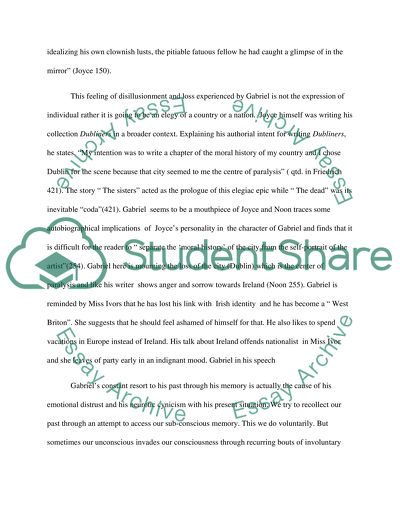Cite this document
(“In James Joyce's The Dead discuss the themes of loss and involuntary Research Paper”, n.d.)
Retrieved from https://studentshare.org/english/1496427-in-james-joyce-s-the-dead-discuss-the-themes-of
Retrieved from https://studentshare.org/english/1496427-in-james-joyce-s-the-dead-discuss-the-themes-of
(In James Joyce'S The Dead Discuss the Themes of Loss and Involuntary Research Paper)
https://studentshare.org/english/1496427-in-james-joyce-s-the-dead-discuss-the-themes-of.
https://studentshare.org/english/1496427-in-james-joyce-s-the-dead-discuss-the-themes-of.
“In James Joyce'S The Dead Discuss the Themes of Loss and Involuntary Research Paper”, n.d. https://studentshare.org/english/1496427-in-james-joyce-s-the-dead-discuss-the-themes-of.


